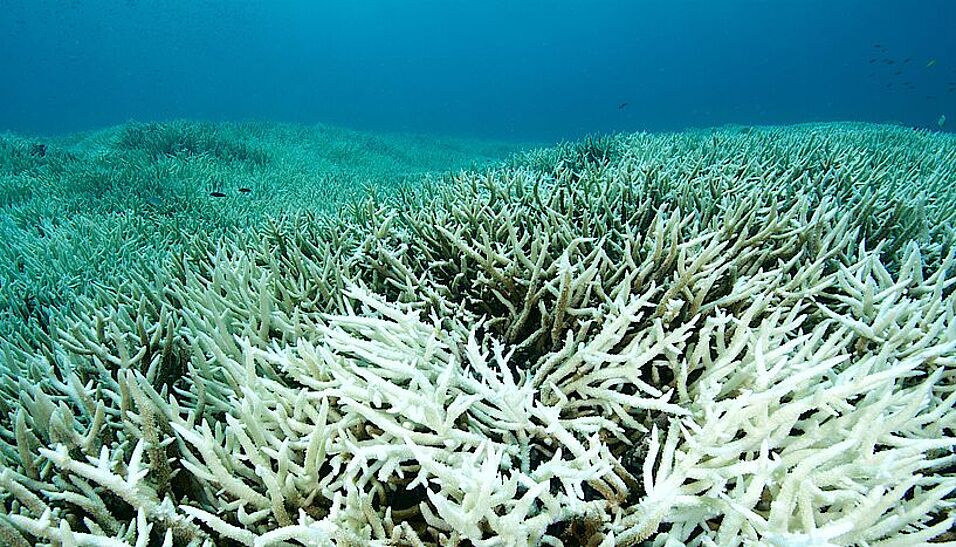What is the IPCC Assessment Report #6?
The 1st part of the Assessment Report #6 (AR6) of the International Panel on Climate Change (IPCC) was published at the beginning of August. For 30 years, these reports have been published on the state of the world's climate and its impact on nature and humanity. So what has changed about the IPCC reports and in their impact on the public over the 30 years?
The reports have become steadily more comprehensive over the years. The forecasts, initially often judged as exaggerated and too pessimistic regarding the impact of human activities on the climate, the alarming research results are now widely publicized and covered in more or less detail in most media.
There is hope only with radical changes
While the first reports of the IPCC focused on a summary of measured data and their projection into the future, in the AR6 we find a comprehensive and detailed preview with exact forecasts of the expected development of the climate in different regions of our planet. The regional aspect is thus treated in more detail than in previous reports.
The global temperature of our earth is currently higher than in the last 125,000 years. However, the IPCC report also shows that the 1.5°C limit on global warming, as agreed in the 2015 Paris climate agreement, may still be achievable if we manage to bring net carbon dioxide emissions to zero by 2050 at the very latest. So there is not much time left to achieve this.
Vienna 2100 probably 5 degrees hotter
The current surface temperature of our earth has increased by 1.1°C in relation to the average temperature between 1850 and 1900. This means that the remaining time frame has become small, and rapid action by political actors is the order of the day in order to set the framework conditions that will make it possible to achieve the Paris climate goal. If global greenhouse gas emissions continue as they have been, the AR6 report predicts a rise in temperature globally of between 2.1 and 3.5°C by 2100.
In some regions, such as cities (including Vienna), the temperature increase will be around 5°C. This would more than double the 1.5 degree limit, which would have fatal consequences for the planet. Remarkable is the decrease of the variability, the uncertainties of the forecasts in the AR6. While the IPCC report of 2013 still indicated a range of variation of the global temperature increase of 1.5 to 4.5°C, it is now only 2.5 to 4°C in the recent IPCC report.

